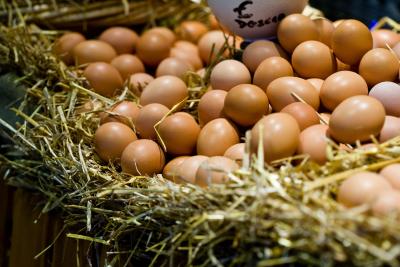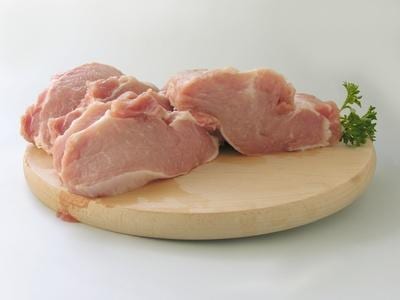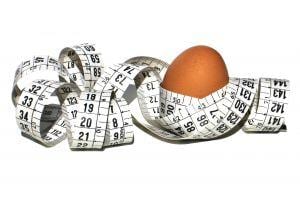Search Results for: high-protein
High-Protein Foods for Kids
Children need protein in their diets for growth, brain power and to boost their immune systems. The organs and muscles in the body are primarily made of protein, and most children need 1 gram of protein for every two pounds they weigh. A diet full of protein is especially important for children who have ADHD, according to WebMD, as well as for children undergoing chemotherapy, according to the Lucile Packard Children’s Hospital.
High-Protein Foods for Women
Your body needs protein to perform essential functions, like cell building. If you don’t have enough protein, your body will essentially eat itself to make more by way of breaking down your own tissues, according to the Harvard School of Public Health. There’s no exact science to determine how much protein you need per day, but a good estimate is about 8 g for every 20 lbs. you weigh. You can get this protein from many more food sources than just meat.
High-Protein Diet Plan for Women
Women who decide to go on a diet may choose a high-protein one. High-protein diets have enjoyed popularity because of the ease in determining what should and should not be eaten. Though there are concerns about eating too much protein, especially if the protein is high in fat, a controlled, healthy high-protein diet can help women lose weight quickly.
High-Protein Weight-Loss Diets
Protein is essential to maintaining a healthy body so when the time comes to lose weight, you might turn to a high protein diet. This can be safely done if you are a healthy adult, according to the Mayo Clinic. People with liver or kidney disease are cautioned against following a high-protein diet. Knowing the basics of several high-protein weight-loss programs can help you decide which one will be right for you.
Health Benefits of a High-Protein Diet
There are health benefits to a high-protein diet when followed for short periods of time, according to the Mayo Clinic. Choose high-protein foods that are low in fat and saturated fat. Choose proteins from whole grains, nuts, skinless chicken, fish and beans. When following a high-protein diet, incorporate high-fiber foods and take a calcium supplement. Any diet should be coupled with regular exercise. Before starting any type of diet that restricts food categories including carbohydrates, consult with your health care professional.




